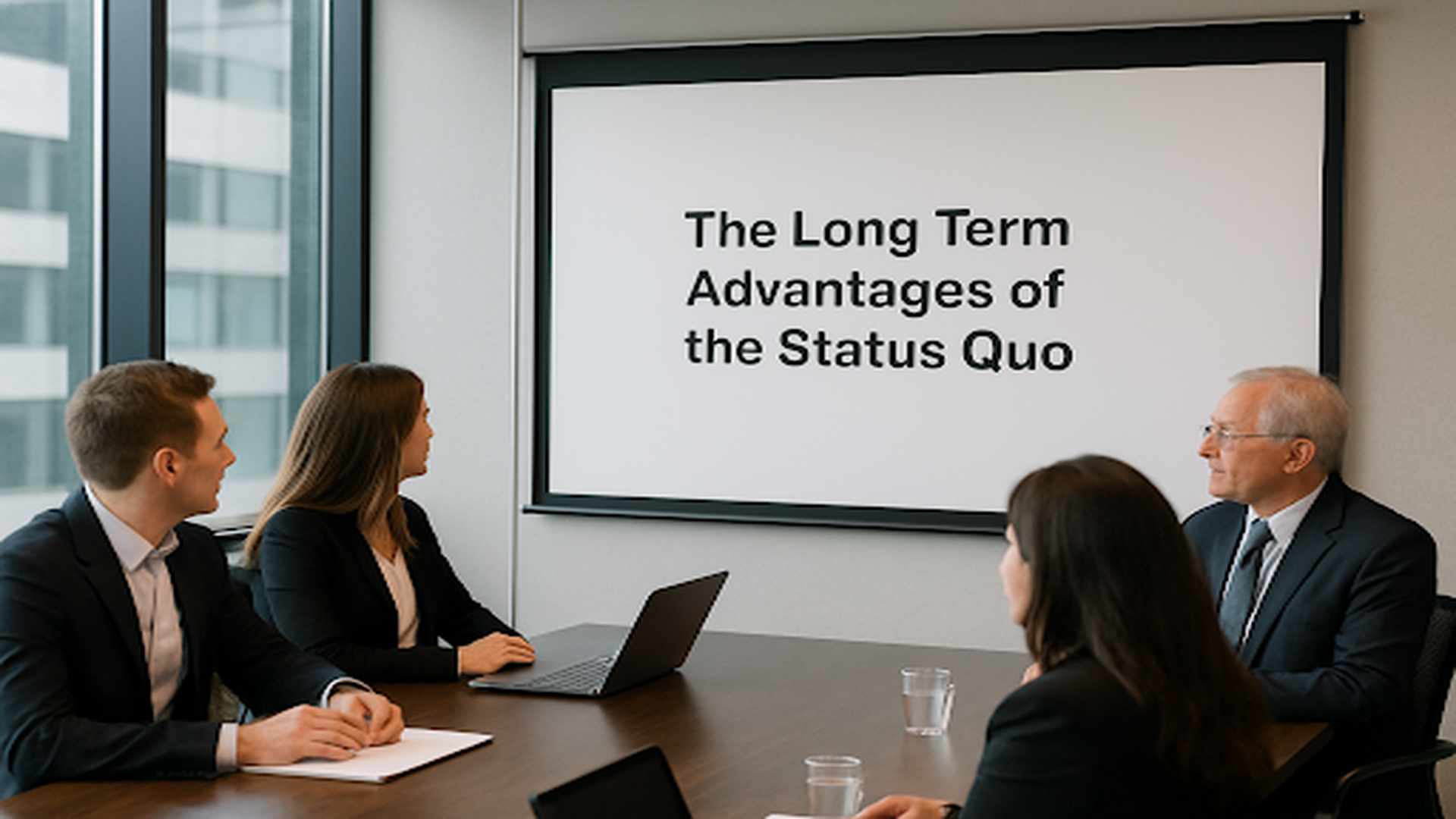Do You Know Why You Lose?
Do You Know Why You Lose?
Every C-suite leader has sat through the post-mortem of a lost deal and heard the same refrain: “If only we had known…” The reality is competitive losses are rarely the result of a single misstep. They’re the outcome of a maze of decisions, perceptions, and—often most importantly—a lack of knowledge.
The Complexity of Competitive Selling
Winning or losing isn’t just about having the best solution or the most compelling pitch. It’s about understanding the entire competitive landscape—who you’re really up against, what alternatives your customer is actively considering (including doing nothing), and the perception every stakeholder has of you and the other options.
Keys to Successful Competitive Selling
1. Knowledge
Identify all competitors. Who else is in the running? Don’t overlook non-traditional threats—sometimes the hardest competitor to beat is “status quo” (who seems to gain market share every year), or “alternative uses of capital” - meaning other projects.
Understand relative strengths and weaknesses. What do competitors do better? Where do they fall short? What do you do better? What factors matter, and to who?
Map perceptions. It’s not enough to know what you think; you must know how the customer sees each player.
2. Strategy
Define your competitive strategy. Are you differentiating on value, functionality, innovation, price, service, or something else? Are you operating from a position of strength or weakness?
Anticipate competitor moves. What plays will they run, and how can you counter them?
Plan your response. Don’t just react—prepare proactive strategies for the most likely scenarios.
3. Tactics
Execute with precision. Which contacts must you influence, and can you do it? Who are the hidden stakeholders?
Set and avoid traps. What obstacles can you put in place for competitors? What traps might they set for you, and how will you avoid them?
Where Is Your Gap?
In nearly every competitive loss review, the root cause comes down to a gap in knowledge. Strategy and tactics are only as good as the information they’re built on. If you’re losing to competitors, to “do nothing,” or to alternative projects, the question isn’t just “what happened?”—it’s “what didn’t we know soon enough to change the outcome?”
The solution: Invest relentlessly in competitive intelligence. Make knowledge your differentiator. The organizations that win are those that know more, sooner, and act with confidence on what they learn.
Stop losing for reasons you could have known—and controlled. In competitive selling, knowledge isn’t just power. It’s the difference between winning and losing.

